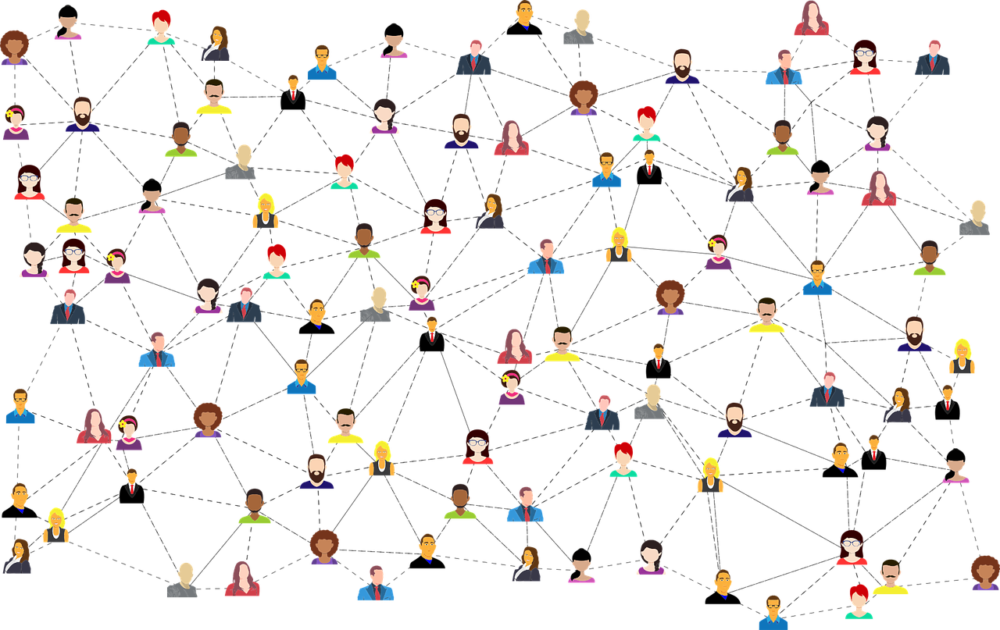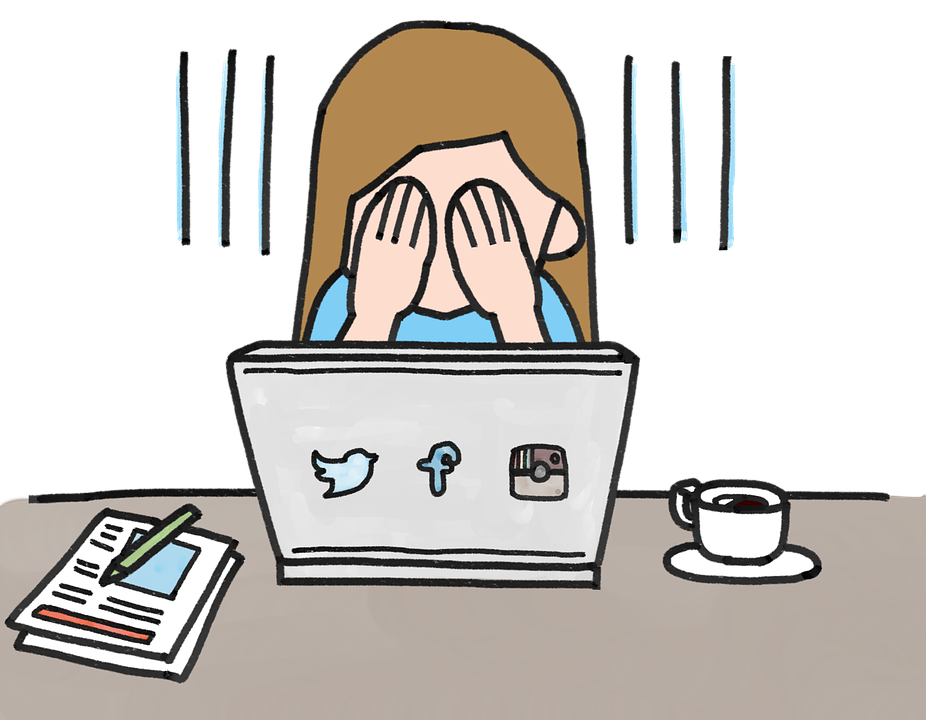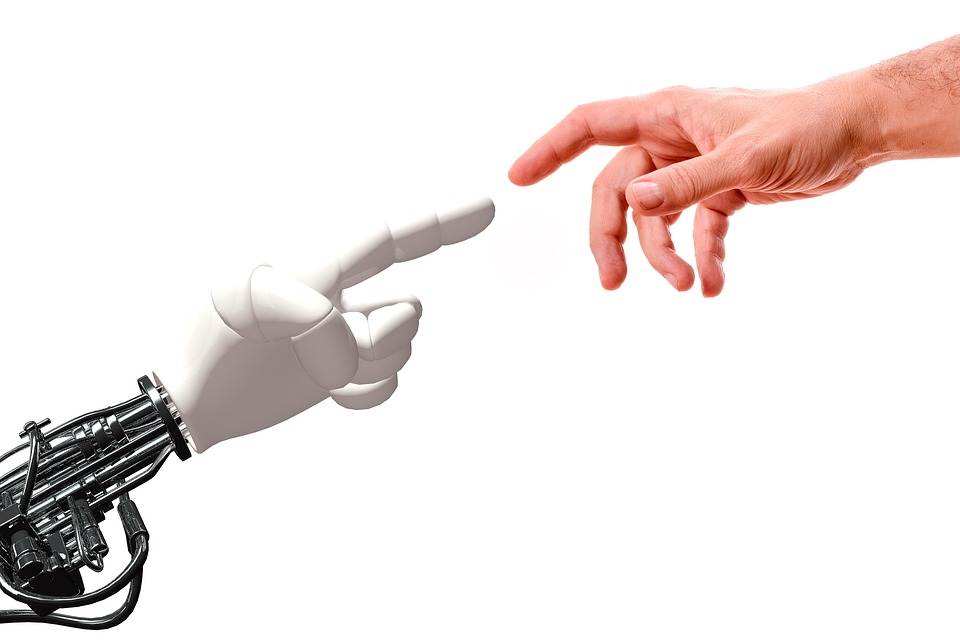Nefarious notifications: Social media algorithms and how they drive us
The average person has 35 apps installed on their phone and spends over two hours per day on social networks. When social media originally took off in the early 2000s, its purpose was for users to connect with friends and family, share positive moments, and seek interesting information about the world. Today, social media platforms […]
Nefarious notifications: Social media algorithms and how they drive us Read More »








